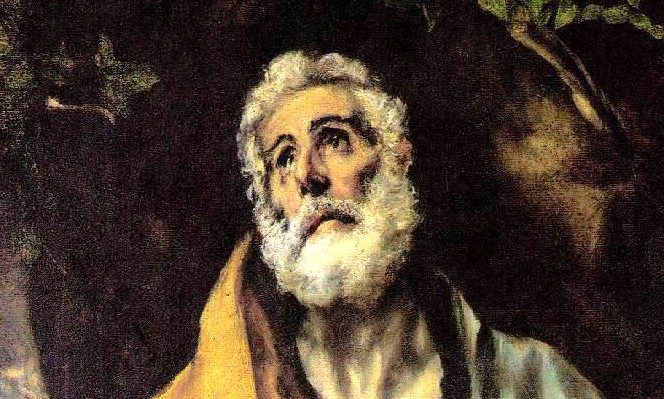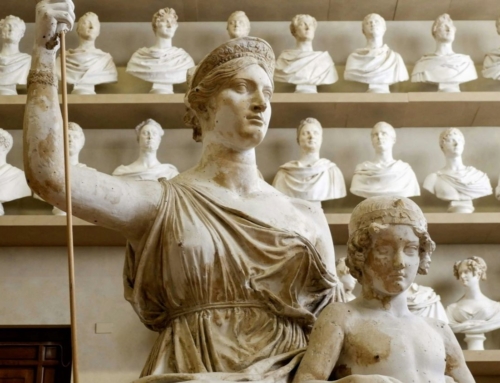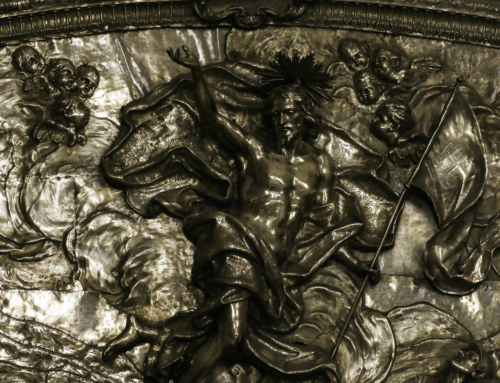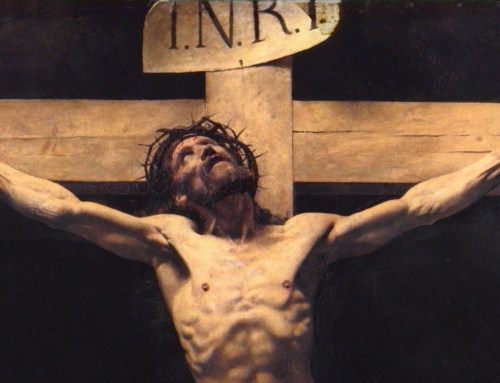ABANDON ALL HOPE YOU WHO ENTER HERE.
Dante sees these words engraved on the archway over the Gates of Hell as he follows Virgil on their journey down through the nine circles of hell. Dante witnesses in The Inferno how the punishments of the damned reflect their sins during life. Among the multitude of punishments, those who caused schism or division are split open, the wrathful continually fight against each other, and the lustful, blown about in a great storm, are unable to settle on anything. The sinners are living out in their punishments the actual effects of their sins, over and over again, for all eternity.
All sin is of serious concern because sin “is an offense against God” (CCC 1850). As Psalm 51 reminds us, it is primarily against God that we sin. All our sins, even our venial sins, damage our relationship with God and upset the great balance and beauty of creation. When we sin, we are “loving what God hates, and hating what God loves,” as St. Catherine of Siena describes in one of her letters. She is not concerned merely with mortal sins. Venial sins also damage our relationship with God, and, as St. Catherine writes in another letter, “Our ingratitude [to God is] shown in the sins we commit every day.”
The critical question concerning our sins is the same one Jesus asked St. Peter after the Resurrection: “Simon, son of John, do you love me more than these?” (John 21:15). Do we love our sins more than we love God and His forgiveness? This question is nothing new, as reading any of the Old Testament prophets demonstrates. The prophets continually complain about idols. Sometimes, the people of Israel outwardly worship God, but they also worship the idols of the land. The people love their idols and cannot part with them, even for God. God remains secondary because the people keep their trust in the idols and do not trust that God alone can provide. The same is true of our habitual sins. We gain some passing pleasure from them that we do not want to give up. Because of this pleasure, breaking free from this attachment to sin is very hard, even if we know and can see how our idols are hurting and destroying us and our hope. If we fail to break free from these sinful attachments, we will remain with them for eternity without any hope for liberation.
Our Lord Jesus Christ is our hope, and He gives us the tool to break free from these sinful loves that pull us away from God: frequent and regular confession. Confession destroys the vices within us, even our venial sins, and sets us right with God. However, we are a fallen people, and the inclination toward sin and the bad habits can remain, which St. Catherine of Siena calls “rust.” We still need to fight against these tendencies which encourage us to return to our sinful ways.
One common image for sin is a shortcut through the woods that has become an alternative trail. We can stop using the shortcut, but it can take a very long time for a person to completely return to the habit of using the official path, especially if we have been regularly using the shortcut. When we run into trouble on the path, it is all too easy to take the shortcut again. The simplest way to stay on the path is not to use our power, but God’s. By returning again and again to the sacrament of confession, humbling ourselves before God, we walk no longer by our own limited power and weak will, but by God’s grace.
St. Peter received Jesus’s forgiveness and grace by the shores of the Sea of Tiberias. Knowing his own sinfulness as well as the love of God that overcame the shame and helplessness of those sins, St. Peter followed Jesus more closely. He also strengthened his brothers and sisters, bearing witness to the hope that can overcome our sins. We too are called to imitate St. Peter, witnessing to others the real hope of a genuine freedom that comes from scrubbing away the rust of our sins and following Jesus Christ ever more closely.
St. Peter, pray for us.
✠
Image: El Greco, The Repentant Peter







